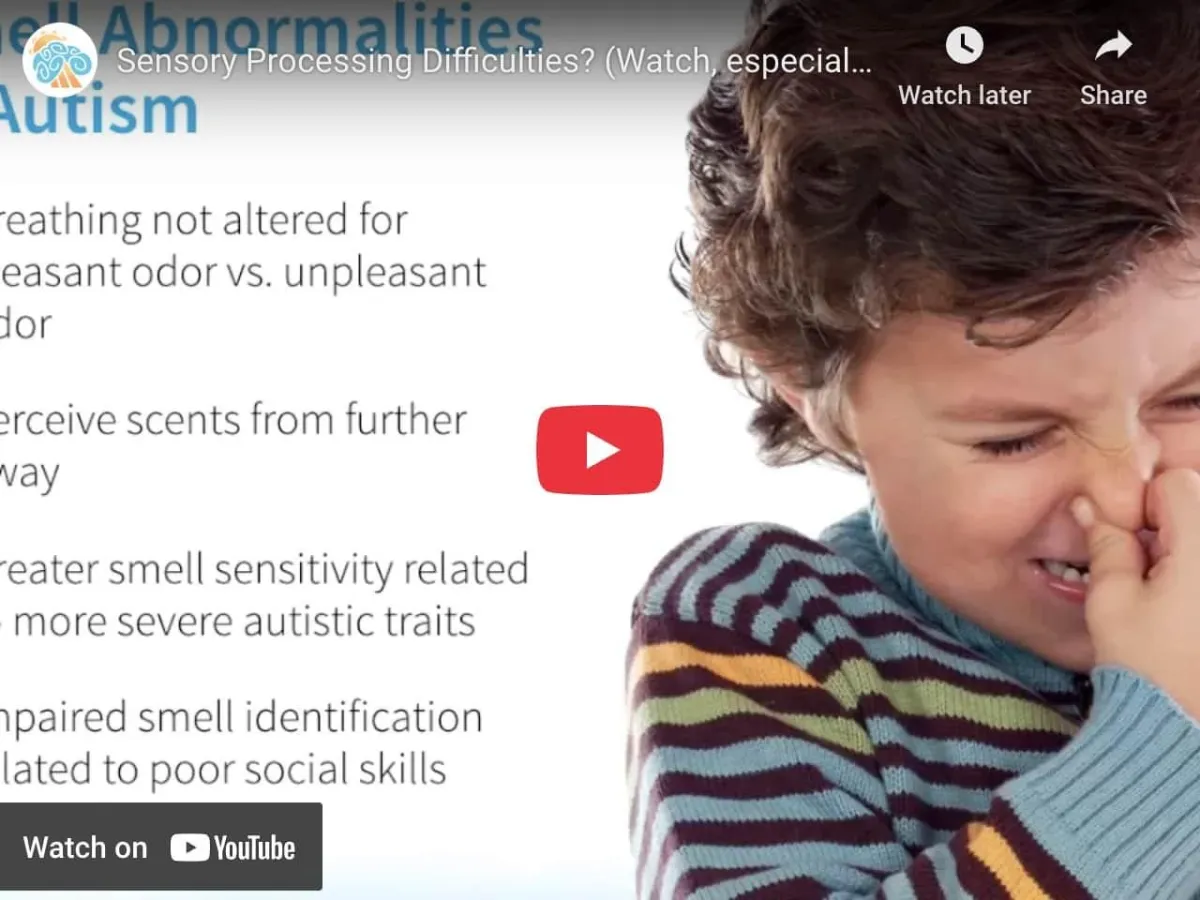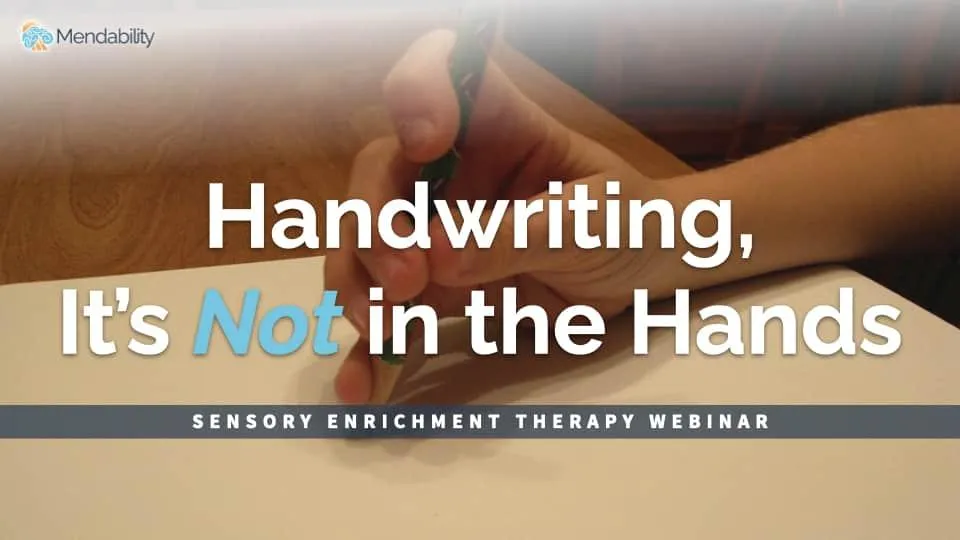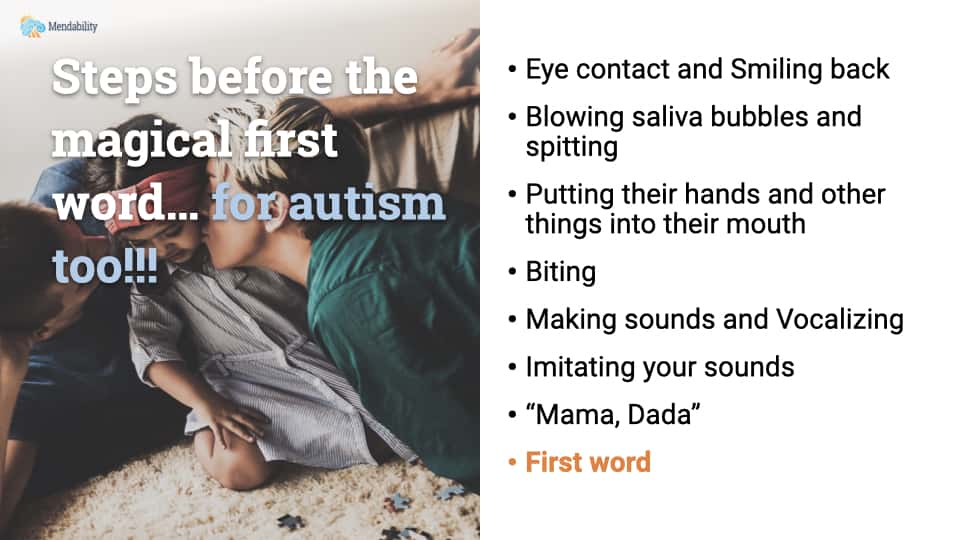
Webinar: How to work on the quality of your child’s sleep
Sleep affects safety, thinking, learning, health, and interpretation of events, especially for children.
In this webinar, we will be going over the factors that affect sleep and some techniques to help ease the bedtime process.
You can watch the webinar video or read the summary article about improving sleep here.
Questions and Answers during and after the webinar:
Q: What can I do to make him happy about getting up when he wakes up? I have other children so early mornings and school run are a must.
A: A simple tip to help with wakefulness and mood in the morning: wake him up with a scent, just place a cotton ball with drop of a scent (your perfume, a cookie, a drop of shampoo, etc.). Leave it there until he opens his eyes, speak softly and touch his arms and face lightly until he sits up in the bed and let him do the rest.Q: It is the early morning awakening – 3-4 ish. If she is in a good mood, she will be herself and go back to sleep after a couple of hours. If not, it is a lot of tantrums for her electronics, and never goes back to sleep. It is a bad morning for all of us in the family. Any help will be appreciated.
A: Besides the steps recommended in the webinar, here are some ideas:
1) Investigate, meaning set your alarm for 2:45 or 3:45, sit on your bed and listen. Most of the time if the wake up early is so regular, it is something that wakes her up and at the same time means something routine that can be too insignificant to wake you up, but she hears it at a time of the night when she is in REM sleep, light and ready to wake up. What happens in the environment at those early hours? The garbage truck, the neighbour taking his dog out, a train in the distance? Some organs peak in activity during the night at certain times. For example, the liver peaks around 3 am. Lungs peak at 4. This is beyond the scope of enrichment. Consider consulting with a physician about this.
2) If you find the cause, find the remedy. If noise is waking him up, consider installing a stronger source of white noise, like a fan. If it is a change in the level of light, consider blocking the window completely.
3) It could be hunger. Consider a slow carb snack right before sleep (with teeth brushing after)
One parent had many questions. We invited her to do a personal meeting with Claudie to review her concerns for her nonverbal autistic son, and she agreed to share the whole, uncut consultation.
One week later, she emails us to tell us what happened. We asked her if she could share it on video as well.
Key moments during the consultation
00:01:45 – What kind of play does he like?
00:04:30 – What does he do when he gets stressed?
00:06:30 – Other sensory problems you have noticed?
00:08:10 – Does he like music?
00:09:54 – Tell me about his sleep
00:14:27 – Do you have questions for me?
00:15:30 – Did you try squats to give him hard exercises?
00:17:00 – Modified hard aerobic exercise
00:21:54 – It looks like he has issues with his Serotonin function
00:24:23 – Serotonin, Sensory processing and Sleep
00:29:00 – Let’s help him regulate his Serotonin function
00:32:45 – Why gentle touch?
00:34:30 – What kind of massage?
00:35:20 – We also want to use the sense of smell
00:40:00 – Start to change the approach after a week
00:41:30 – Summary
00:44:00 – What about his evening meal?
00:46:40 – Music
00:47:45 – Smell on pillow
00:50:30 – Sleep with mom?
00:51:50 – Whisper or sing softly when he wakes up
00:53:23 – Why is he is so excited when we wakes up in the middle of the night?
About our presenter: Claudie Pomares
Claudie Pomares has worked in hospitals, daycares, and educational settings in France, Canada, and the USA for over 30 years. Her university studies lead her to develop an expertise in sensory stimulation and its impact on brain development.
Read more about her here.
Mendability is a telehealth program focused on the well-being of the brain.
We use sensory enrichment to stimulate the human brain and enable it to treat itself. This happens when the brain creates better connections to replace the ones it didn’t develop or has lost.
Our program consists of daily exercises that you can do from home and it doesn’t take more than a few minutes. To learns more check out the how the program works page and what it helps with.



